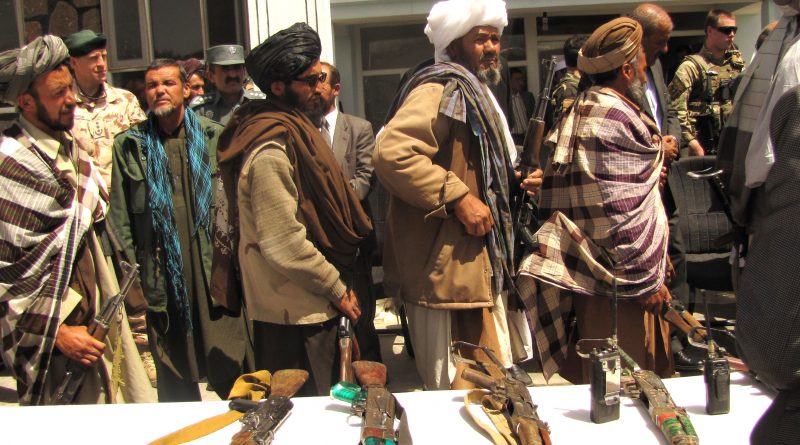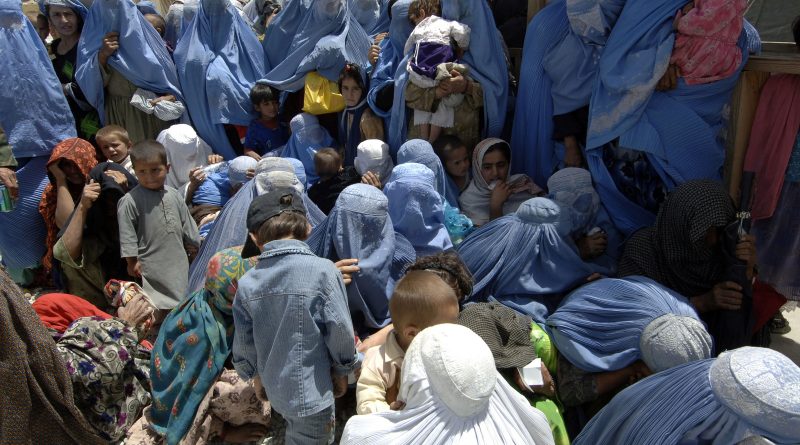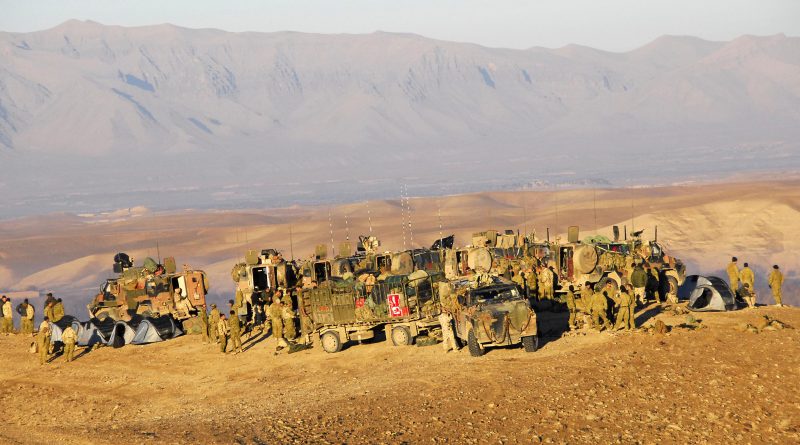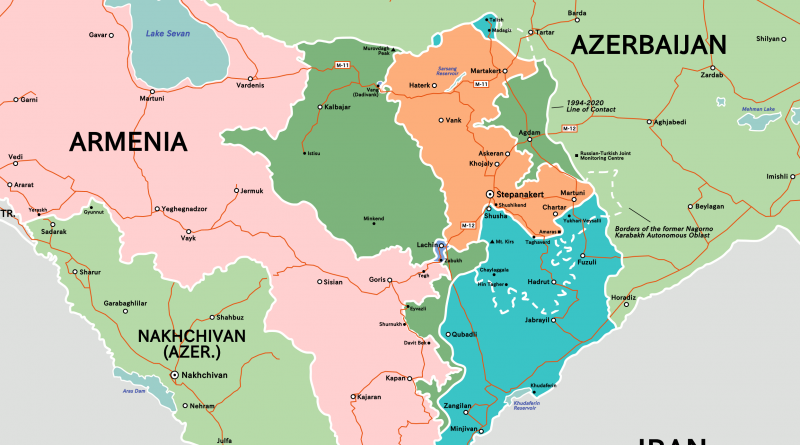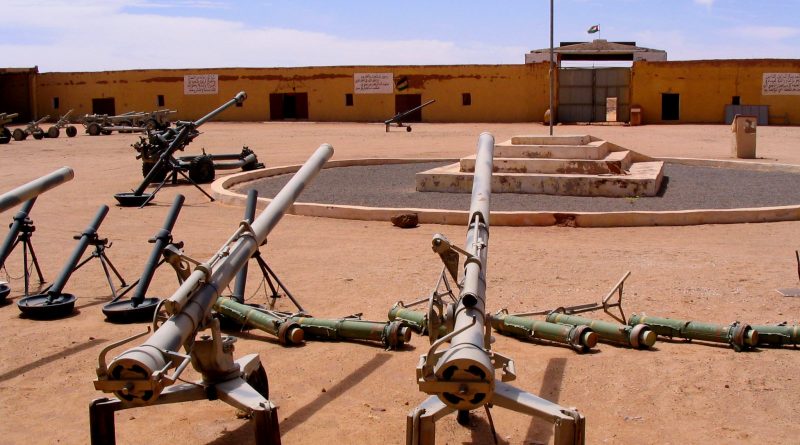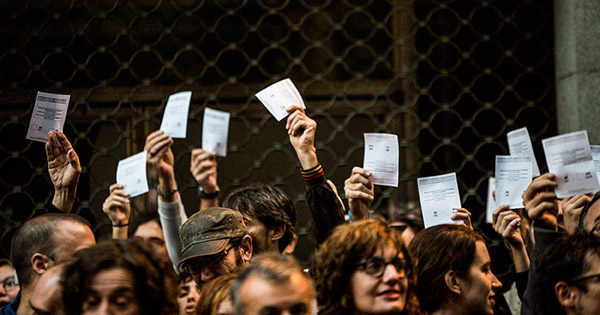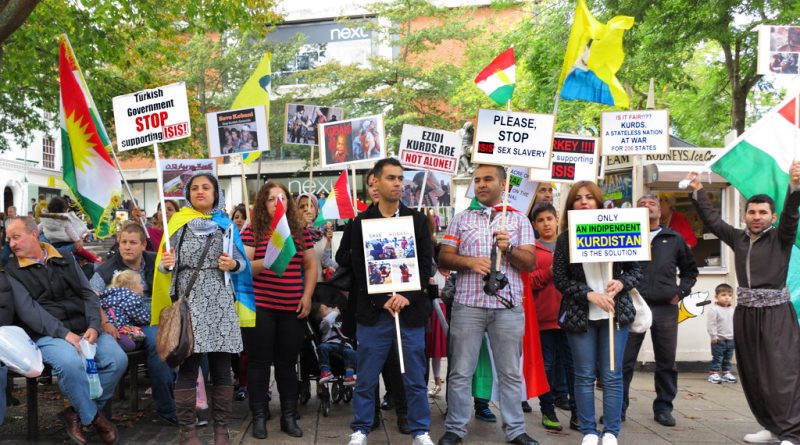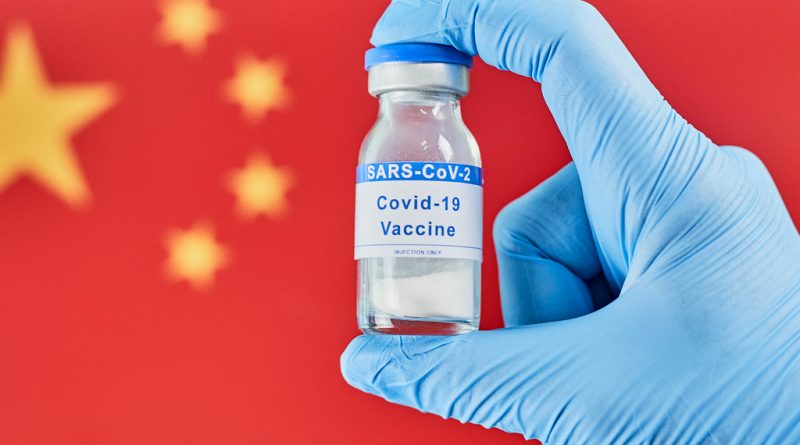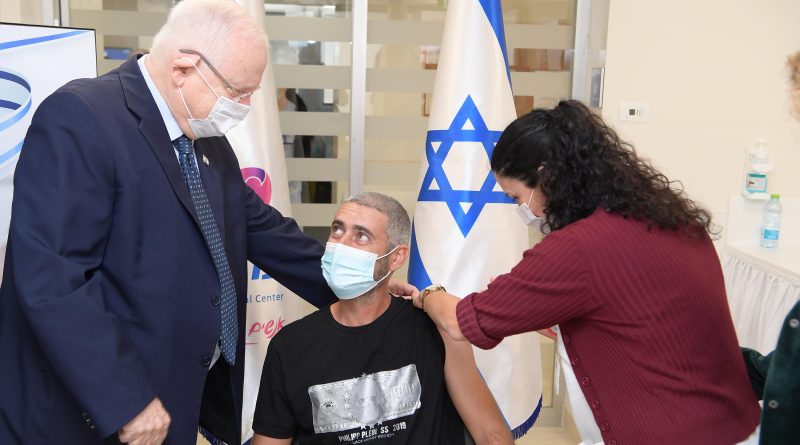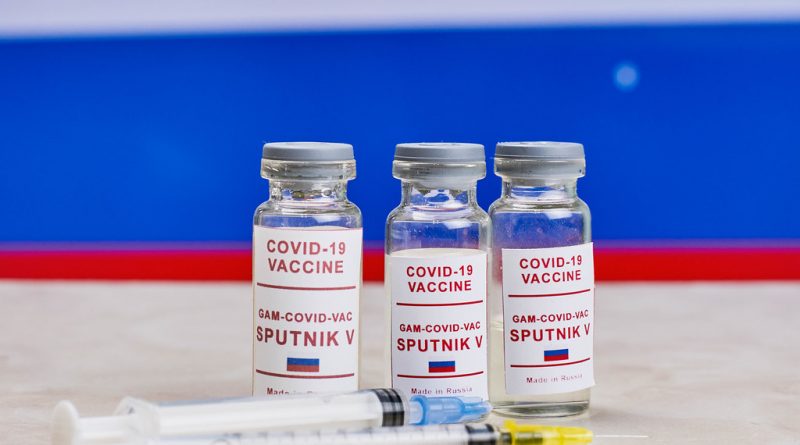FOCUS on Afghanistan: The Taliban
On Tuesday, September 21, the Taliban requested to address world leaders at the United Nations General Assembly in New York and nominated Suhail Shaheen as Afghanistan’s UN ambassador, according to Reuters. This was one of many strategic efforts by the Taliban as it continues to woo world leaders in a bid for recognition as the official political authority in Afghanistan. Pakistan, Saudi Arabia, and the United Arab Emirates were the only countries that recognized the Taliban when it ruled Afghanistan from 1996 to 2001.
Read More
